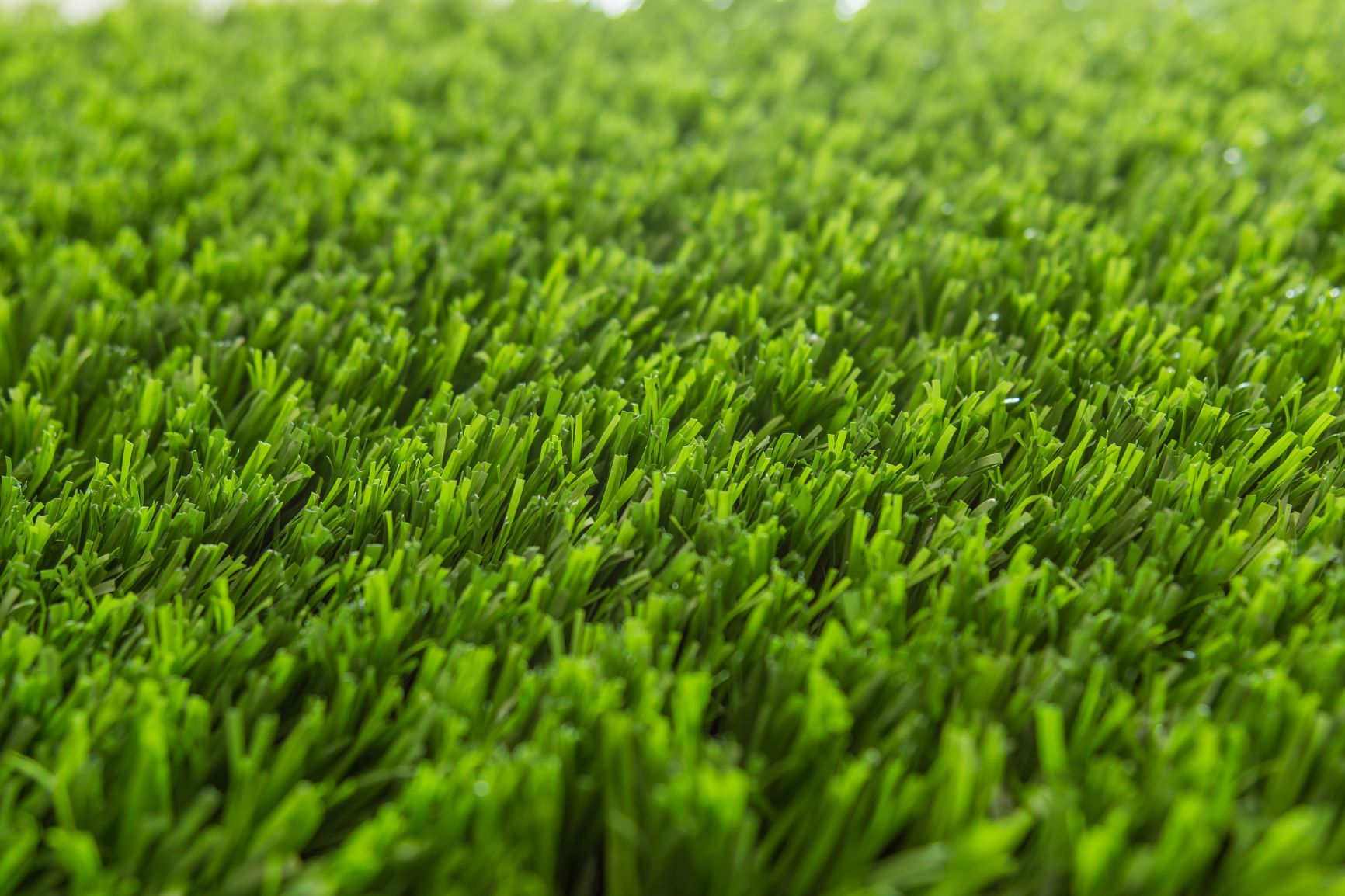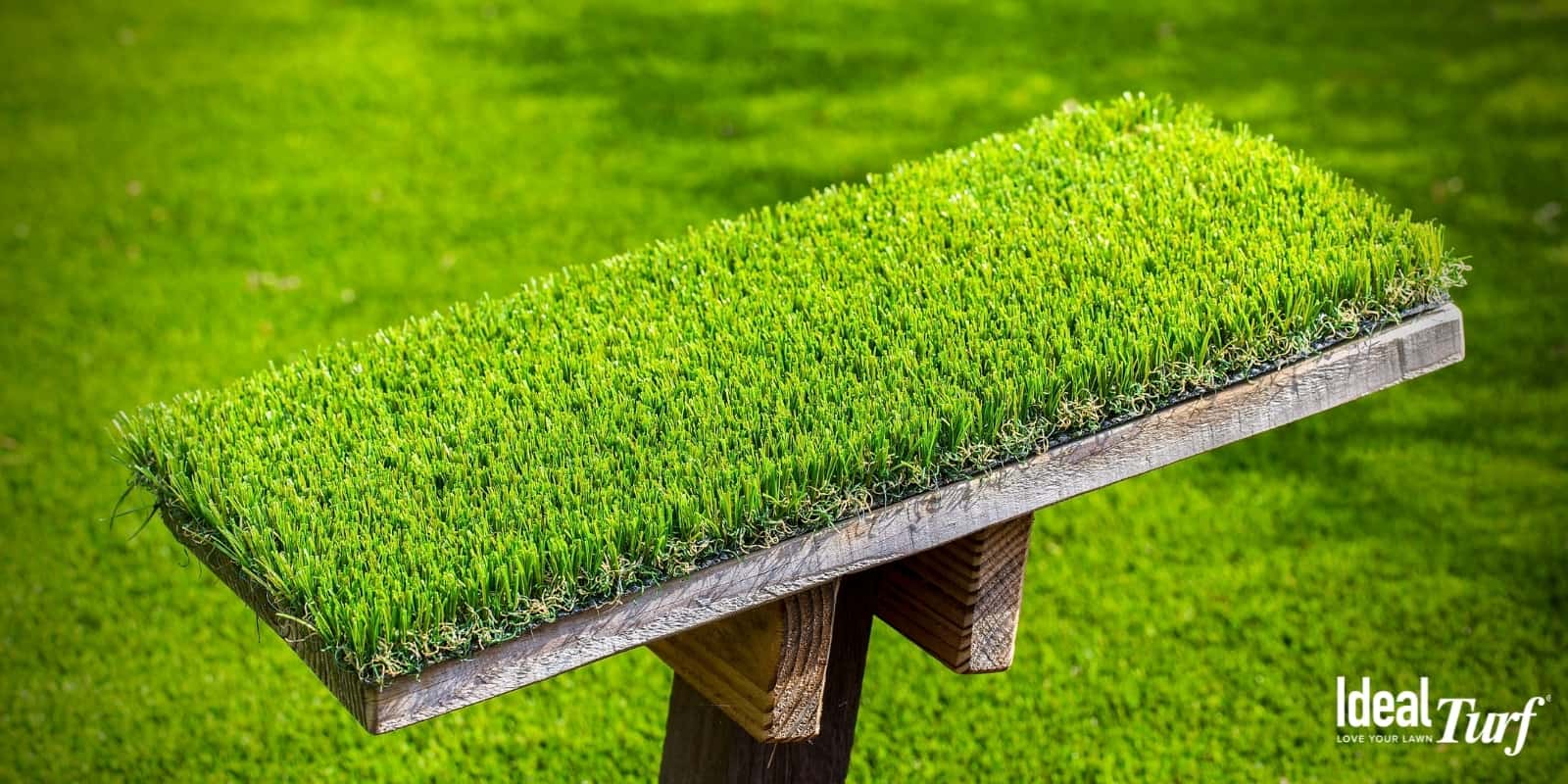Premier Phoenix Turf Companies Providing High-End Synthetic Lawn Solutions
Delve Into the Environmental Perks of Opting for Artificial Lawn Solutions
The fostering of man-made lawn solutions provides a compelling possibility to deal with pressing environmental challenges. By dramatically lowering water usage and decreasing the application of hazardous chemicals, these options not only advertise lasting landscaping but additionally secure regional communities. The reduced carbon footprint linked with reduced maintenance tasks contributes to an extra sustainable strategy to land administration. The effects of these advantages expand past mere preservation initiatives, elevating inquiries about their long-term effect on environment preservation and total ecological equilibrium. Exploring these measurements reveals a complicated interplay worth taking into consideration.
Water Conservation Benefits
One of the most significant advantages of fabricated lawn is its capacity to save water. In comparison, fabricated turf does not need watering, significantly reducing the overall demand for water resources.
By removing the requirement for routine watering, synthetic grass adds to sustainable landscape techniques and helps alleviate the environmental effect of too much water consumption. Moreover, the conservation of water reaches the reduction of overflow, which can bring about soil disintegration and river pollution.
In addition, the installation of man-made lawn allows communities and homeowners to assign water resources extra efficiently, concentrating on necessary usages such as drinking water and agriculture. The change in the direction of artificial grass not just advertises accountable water use but also straightens with wider ecological objectives targeted at maintaining natural deposits.
As communities increasingly prioritize sustainability, the water conservation benefits of fabricated turf present a compelling case for its adoption in residential and commercial landscaping tasks.
Reduced Chemical Use
The change to synthetic grass substantially decreases the reliance on chemical treatments commonly made use of in all-natural lawn upkeep. Typical grass monitoring typically includes the application of herbicides, plant foods, and chemicals to promote growth and control pests. These chemicals can posture dangers to human health and wellness, local wild animals, and the setting, adding to soil and water contamination.
On the other hand, artificial lawn gets rid of the need for these harmful materials. Once installed, it calls for very little upkeep, largely including regular cleansing and irregular infill replenishment. This decrease in chemical use not only benefits the instant environment yet likewise adds to more comprehensive environmental stability. By decreasing the launch of synthetic substances into the environment, synthetic grass advertises healthier soil and water supply.
In addition, the absence of chemical overflow related to man-made lawn installations assists shield regional rivers from air pollution, supporting water life and keeping biodiversity. Turf installation phoenix az. As neighborhoods significantly prioritize sustainable methods, choosing artificial grass provides a sensible solution that lines up with environmental preservation objectives. Through this shift, homeowner can take pleasure in lavish environment-friendly spaces without compromising ecological health, leading the way for an extra lasting future
Reduced Carbon Impact

Additionally, the setup of fabricated lawn can result in substantial water conservation. Natural yards need substantial quantities of water for watering, which not just includes to the carbon impact associated with water extraction and treatment but also strains local water resources. In contrast, man-made grass requires very little upkeep, needing no watering, consequently dramatically reducing water use and its linked power prices.
In addition, the long life of synthetic grass adds to its lower carbon effect. With a life expectancy of as much as 15 years or even more, the requirement for constant replacements is decreased, leading to less waste and reduced power consumption in production and throwing away typical grass choices. On the whole, synthetic grass provides a sustainable option for eco mindful landscaping.
Habitat Conservation
Habitat preservation is a critical factor to consider in the dispute over landscaping selections, specifically when comparing synthetic grass to natural grass. All-natural turf yards usually need comprehensive upkeep, consisting of using fertilizers, herbicides, and pesticides, which can adversely affect local ecological communities. These chemicals can leach right into the soil and rivers, harming indigenous flora and fauna and interfering with regional environments.
Fabricated lawn eliminates the need for hazardous chemicals, consequently securing neighboring wild animals and preserving the stability of bordering environments. The installment of fabricated lawn can lead to the conversion of previous lawn areas into more biodiverse landscapes, such as pollinator gardens or native plant locations, which can sustain try here neighborhood wild animals.
Inevitably, the shift to man-made grass not only conserves water and reduces upkeep initiatives however likewise fosters a much more harmonious partnership in between human activities and the natural surroundings, promoting habitat conservation in the procedure.
Long-Term Sustainability
Long-lasting sustainability is a critical consider examining the advantages of artificial lawn over standard turf lawns. Among the most significant advantages of synthetic grass is its durability; it can last approximately 15-20 years with very little maintenance, whereas all-natural turf requires regular reseeding and replacement. This long life minimizes the need for consistent resources, such as water, plant foods, and pesticides, which are essential for keeping a healthy turf lawn.
In addition, man-made turf adds to a reduction in carbon discharges connected with grass care tools. Conventional grass typically call for gas-powered mowers, leaners, and blowers, all of which add to air pollution. Arizona artificial turf. In contrast, man-made turf gets rid of the demand for such equipment, promoting a cleaner setting
Furthermore, the manufacturing of synthetic grass significantly uses recycled products, boosting its sustainability profile. As makers adopt green practices, the environmental impact of synthetic turf continues to lessen.

Final Thought
The fostering of synthetic grass solutions provides significant ecological advantages, consisting of considerable water preservation, minimized dependence on harmful chemicals, and a reduced carbon footprint. Synthetic turf help in protecting all-natural habitats by minimizing land disruption and promoting long-term sustainability with the use of durable products. Collectively, these aspects underscore the capacity of fabricated turf to contribute favorably to ecological health and use a viable option to typical landscaping methods in an increasingly resource-conscious world.
In comparison, fabricated turf does not need watering, dramatically reducing the overall demand for water resources. By lessening the launch of synthetic compounds into the environment, fabricated turf promotes healthier soil and water systems.
Additionally, the setup of artificial grass can result in considerable water preservation. In comparison, man-made lawn requires marginal upkeep, calling for no watering, therefore dramatically reducing water use and its linked power prices.
